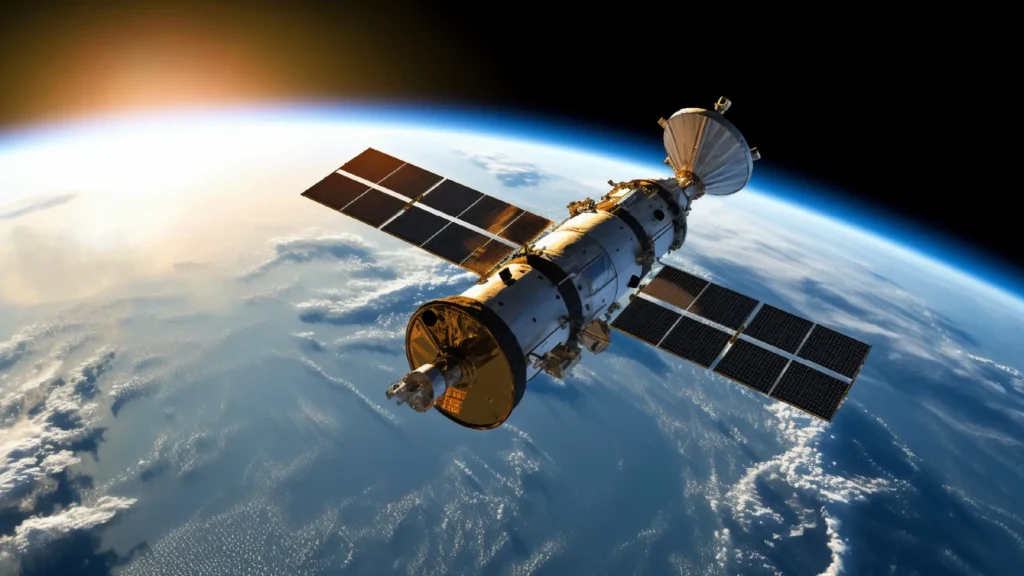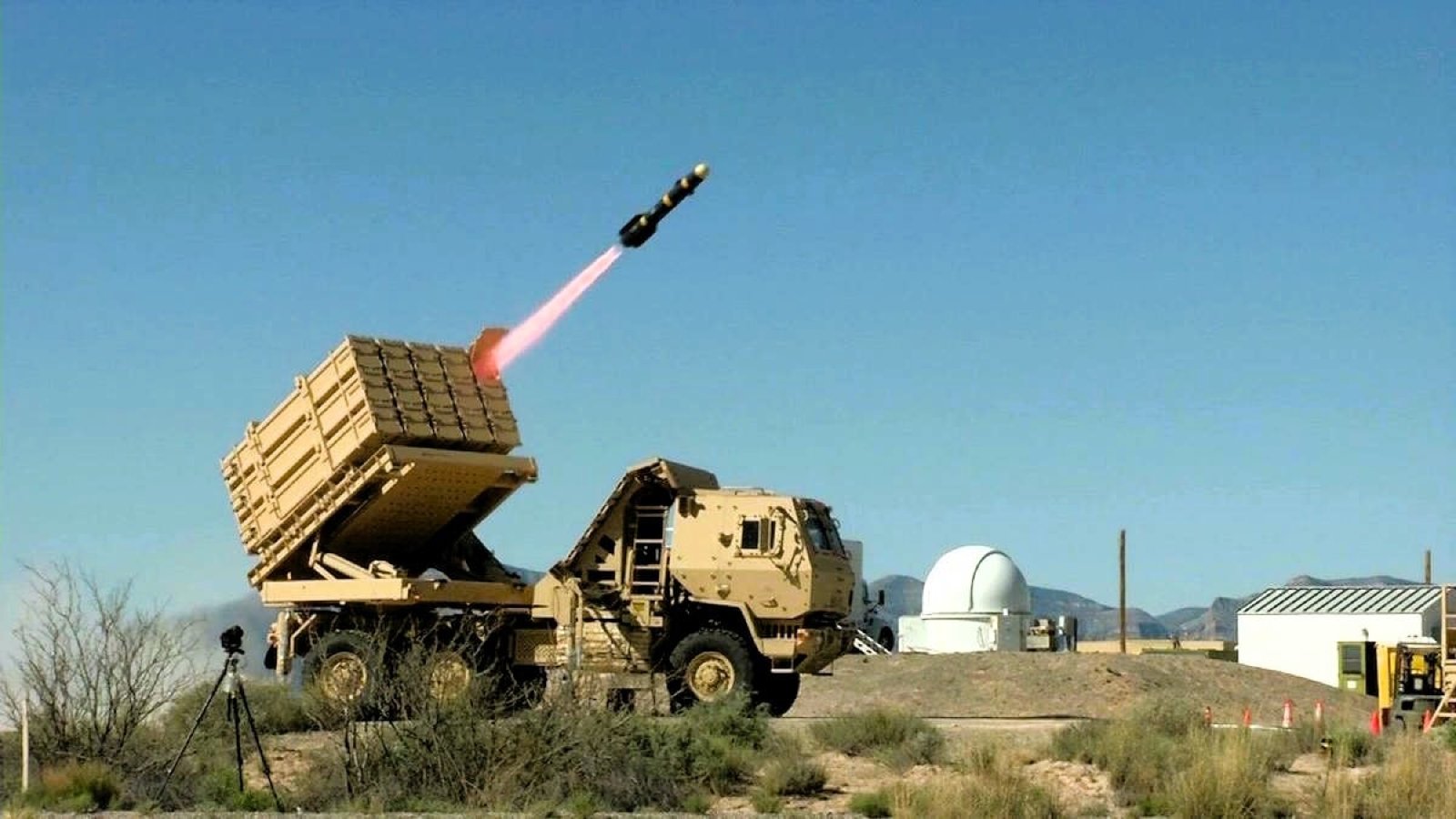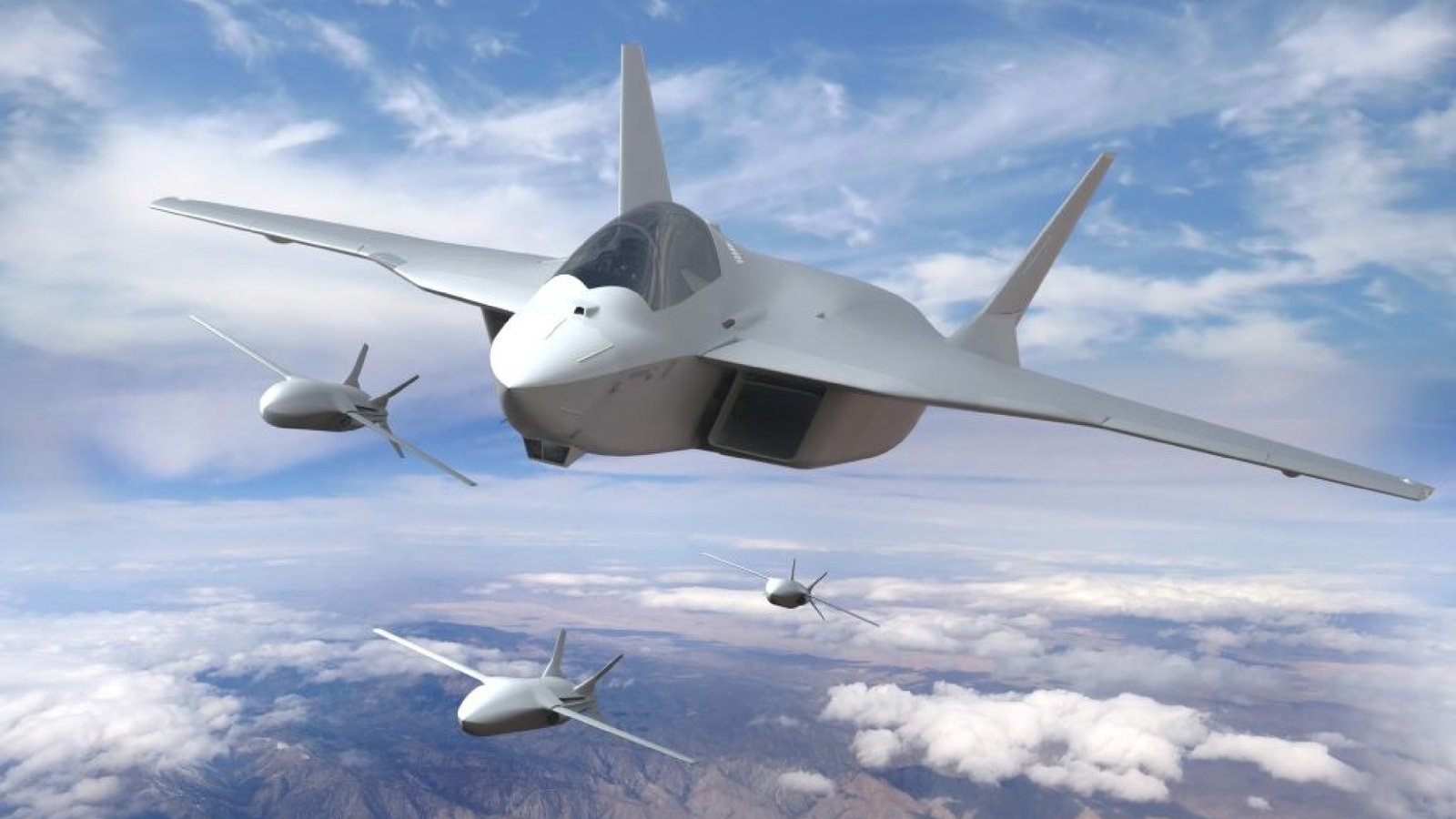
Space Defense Market: The Commercialization of Security Beyond Earth
The 21st century has seen many ambitious promises—flying cars, robot butlers, and vacations on Mars. While some of these may still be locked away in science fiction, one arena is accelerating faster than a Falcon 9 booster: the space defense market. Once the playground of Cold War-era superpowers, the skies beyond Earth’s atmosphere are now a commercial battleground where private companies, startups, and governments race to secure, protect, and monetize orbital territory.
This is no longer just about astronauts planting flags or satellites beaming back grainy weather maps. We’re talking about satellite defense, anti-satellite systems, orbital security, and a sprawling ecosystem of private players turning the vastness of space into a new frontier for commercialized defense. The future of security isn’t just boots on the ground—it’s satellites in orbit, lasers in the stratosphere, and policies written in boardrooms just as much as in parliaments.
And if you want to navigate this galaxy of opportunity (and risk), you’ll need more than a telescope. You’ll need sharp insights, deep foresight, and a partner who knows how to decode markets that seem like science fiction one day and business reality the next. Enter Blackwater, the market research company tracking the pulse of this brave new world.
Why the Space Defense Market Matters
Let’s cut through the cosmic fog: space is now a contested and commercialized domain. From Elon Musk’s SpaceX to Jeff Bezos’ Blue Origin, the launch business has been booming. But with great satellites come great responsibilities. With every nation and private player hurling hundreds of satellites into orbit, collisions, hacking attempts, and outright sabotage are no longer “what if” scenarios—they’re very real concerns.
That’s why the space defense market has exploded into relevance. Governments are pumping billions into developing orbital security strategies, while private firms are designing tech that makes yesterday’s missile shields look quaint. Think: satellites with self-defense capabilities, anti-jamming systems, and yes—those infamous anti-satellite systems designed to take down threats before they can wreak havoc.
This isn’t paranoia; it’s pragmatism. Space assets are now crucial for GPS, global communications, banking transactions, weather prediction, and military operations. If one rogue actor knocks out a key satellite, the consequences on Earth could range from disrupted ATMs to compromised missile defenses. The commercialization of security beyond Earth isn’t just a luxury—it’s survival in a digital-first, space-connected economy.
Satellite Defense: The New Orbital Armor

When we talk about satellite defense, we’re essentially talking about protecting the invisible infrastructure that makes modern life possible. Satellites aren’t just twinkling dots in the night sky—they’re the quiet workhorses running GPS on your Uber app, syncing your smartphone’s clock, and enabling your video calls.
But these satellites are fragile. A single piece of space debris, moving at 28,000 km/h, can obliterate a satellite worth billions. And debris is just the beginning—there are threats from cyberattacks, signal jamming, and even hostile takeovers by adversarial actors. Enter satellite defense technologies: advanced shielding, real-time tracking, maneuvering thrusters, and AI-driven monitoring systems that ensure these orbital guardians survive long enough to justify their multimillion-dollar price tags.
Here, private companies are leading the charge, innovating faster than traditional government programs. They’re developing defense layers that not only protect satellites from debris but also ensure communications remain secure in contested environments. For investors and governments alike, this is the equivalent of buying both insurance and armor for the most valuable real estate not on Earth—but above it.
Anti-Satellite Systems: Deterrence in the Final Frontier
If satellites are the crown jewels, then anti-satellite systems (ASATs) are the locks, alarms, and occasionally the sledgehammers. Nations have long tested these systems, firing projectiles into space to destroy old satellites as proof of capability. The message is simple: “We can take out your orbital eyes and ears if we need to.”
But as commercialization expands, ASATs are no longer the sole domain of state militaries. The private defense industry is deeply involved in developing detection technologies, defensive countermeasures, and even offensive tools that fit into a broader orbital security framework. From ground-based lasers to co-orbital interceptors, the menu of tools reads like a James Bond gadget catalog—except this time, the stakes are global communications and national security.
For the space defense market, this isn’t about warmongering. It’s about deterrence. By demonstrating robust anti-satellite capabilities, nations (and their commercial partners) ensure that would-be aggressors think twice before launching an attack in orbit. The result is a high-stakes chess match where every move and countermeasure generates opportunities for innovation—and revenue.
Orbital Security: Turning Science Fiction into Strategy

If there’s one phrase that captures the essence of the space defense market, it’s orbital security. Imagine trying to secure an invisible highway where thousands of satellites, spacecraft, and pieces of debris zoom at blinding speeds, crossing paths with unpredictable trajectories. Now, add the fact that this “highway” isn’t owned by anyone, regulated by outdated treaties, and constantly expanding with new launches every month. That’s orbital security in a nutshell.
This is where data analytics, AI, and predictive modeling become the unsung heroes. Companies are using advanced tracking systems to monitor orbital activity in real time, predicting collisions before they happen and even coordinating evasive maneuvers between rival satellites. Meanwhile, new policies are being drafted to govern “space traffic management”—a field that didn’t even exist a decade ago.
And guess what? Every policy shift, every technological breakthrough, and every geopolitical event adds layers of complexity to this market. That’s why players in the space defense market don’t just need rockets and lasers—they need insights. Which technologies are commercially viable? Which nations are driving policy? Which startups are worth investing in? That’s the kind of intelligence Blackwater specializes in delivering.
The Commercialization of Security Beyond Earth
Here’s the twist: the space defense market isn’t just about military might—it’s about business opportunity. Companies that once built satellites solely for government contracts are now pivoting to commercial clients. Cloud companies, telecom giants, and even financial services firms are realizing that their assets in orbit need protection just as much as their data centers on Earth.
This is leading to a boom in private partnerships, joint ventures, and entirely new business models. Insurance companies are underwriting orbital assets. Space traffic management is becoming a subscription service. And yes, venture capitalists are lining up to fund startups that promise to make space safer. In other words, security beyond Earth is now a product, a service, and a rapidly scaling market.
Why Blackwater Is Your Telescope in This Universe

In a market this complex, information isn’t just power—it’s propulsion. Companies looking to enter the space defense market need to know not just who’s building what, but why, how, and where the opportunities lie. Governments need to understand which private players can deliver reliable satellite defense solutions. Investors need to know which technologies are hype and which are future-proof.
That’s where Blackwater comes in. With a track record of turning emerging markets into mapped territories, Blackwater provides the kind of intelligence that helps decision-makers avoid blind spots and seize opportunities. Whether it’s evaluating the viability of anti-satellite systems, tracking orbital security policies across nations, or forecasting growth trajectories for satellite defense technologies, Blackwater acts as your telescope to make sense of the cosmic chaos.
Because in a market where yesterday’s science fiction is today’s contract negotiation, you don’t just need data—you need vision.
Conclusion: The Sky Is No Longer the Limit
The space defense market is redefining what it means to protect and defend. From satellite defense systems shielding billion-dollar assets, to anti-satellite systems deterring potential adversaries, to orbital security strategies turning chaos into order, this is no longer a niche concern—it’s the frontier of global defense and commerce.
As commercialization accelerates, the line between government security and private opportunity blurs. For businesses, this is both thrilling and intimidating. For governments, it’s both a challenge and a lifeline. And for research partners like Blackwater, it’s the perfect opportunity to provide clarity in a marketplace where uncertainty is as vast as the cosmos itself.
The final frontier is no longer just about exploration—it’s about protection, innovation, and yes, commercialization. The sky is no longer the limit; it’s the marketplace. And with Blackwater guiding your strategy, you won’t just be a passenger in this orbital race—you’ll be in the captain’s seat.



